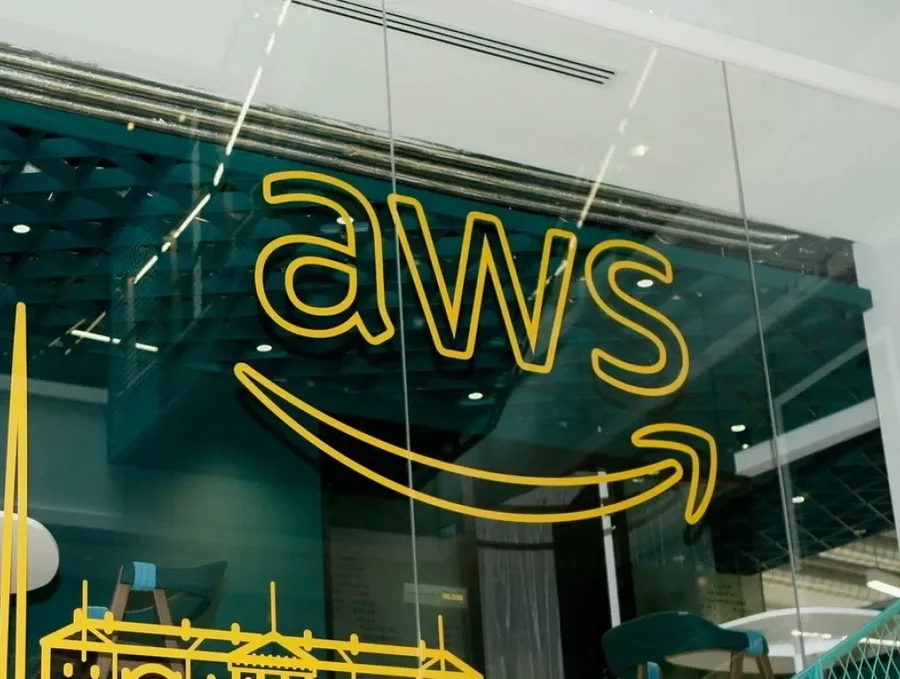Amazon Web Services extends hardware lifespan through new reverse logistics facilities in Dublin, creating jobs and supporting sustainability goals.
With the exponential rise in global data consumption, the need for data centres increases, leading to greater concerns about electronic waste and the depletion of resources. To tackle this, the industry is significantly leaning towards circular economy principles to manage its environmental footprint better.
These initiatives primarily concentrate on prolonging the hardware’s lifespan, enhancing resource efficiency, and significantly cutting down waste. As data operators are pressed under the dual demands of growing cloud services and environmental sustainability, such strategies have become pivotal.
In a push towards sustainability, Amazon Web Services (AWS) have taken notable strides by expanding their European reverse logistics program. Newly established facilities in Dublin form part of this extension, where AWS’s re:Cycle Reverse Logistics operation is set up to test and repair used equipment from their data centres, thus boosting the hardware’s life span and aligning with their sustainability goals.
Putting circular economy into practice
The primary role of these Dublin facilities is to refurbish and reuse various data centre components like servers, network cards, and computer processor chips. This initiative greatly reduces the necessity for new hardware production by conserving essential raw materials and energy.
Neil Morris, Country Manager for AWS Ireland, explains: “Our reverse logistics programme is a key part of our circular economy strategy. By extending the life of our data centre equipment, we’re reducing our environmental impact and supporting our goal of reaching net-zero carbon emissions.”
The process involves a thorough data sanitation procedure ensuring customer data is securely erased before the hardware is sent to re:Cycle facilities, where it is handled by specialised robots capable of transporting up to two tonnes of equipment.
Innovative recycling and recovery in the tech industry
For those components that are beyond reuse, the facility has developed advanced recycling techniques where precious metals such as gold and silver are extracted from circuit boards and other computer parts.
“We’ve developed bespoke machines and processes to maximise the recovery of valuable materials,” says Sarah Murphy, Operations Manager at re:Cycle Reverse Logistics. “This ensures that even when reuse isn’t possible, we’re still extracting value and minimising waste.”
The company ensures that none of the waste from these procedures ends up in landfills, instead being directed towards sophisticated recycling processes.
Economic impact
The establishment of the re:Cycle Reverse Logistics centres, including AWS’s server assembly sites in Ireland, have contributed to creating over 850 local jobs, diversifying the workforce from experienced engineers to recent school leavers within Ireland’s tech sector.
Roderic O’Gorman, Leader of the Green Party and Minister for Children, Equality, Disability, Integration and Youth, officially opened the new re:Cycle Reverse Logistics building. After touring the site, he commented: “Circular economy projects are increasingly important to help us build a more sustainable economy. We need to work together to ensure that products, whatever their shape or form, are kept in use for as long as possible through smart design, repair and reuse.”
What is the future for this initiative?
During 2023 alone, AWS’s global reverse logistics initiative successfully diverted a remarkable 14.6 million hardware components from landfills by either recycling them or reselling for reuse. The Dublin facilities are the company’s first to open outside the United States.
John Dillon, Head of Sustainability for AWS EMEA, outlines the company’s approach: “We have three ways to ensure the circular economy is woven into the lifecycle of all the equipment used in our data centres: designing reusable and lower carbon rack systems from the outset; keeping equipment operating efficiently; and recovering value from securely decommissioned equipment.”
As the pressure mounts for data centres to minimise their environmental toll, the innovative steps taken by AWS demonstrate how widely applicable and beneficial the principles of the circular economy can be for the tech industry at large.
Minister O’Gorman concludes: “Projects like this help to both reinforce Ireland’s global reputation as a sustainability leader and to achieve climate goals such as halving our emissions by 2030.”



